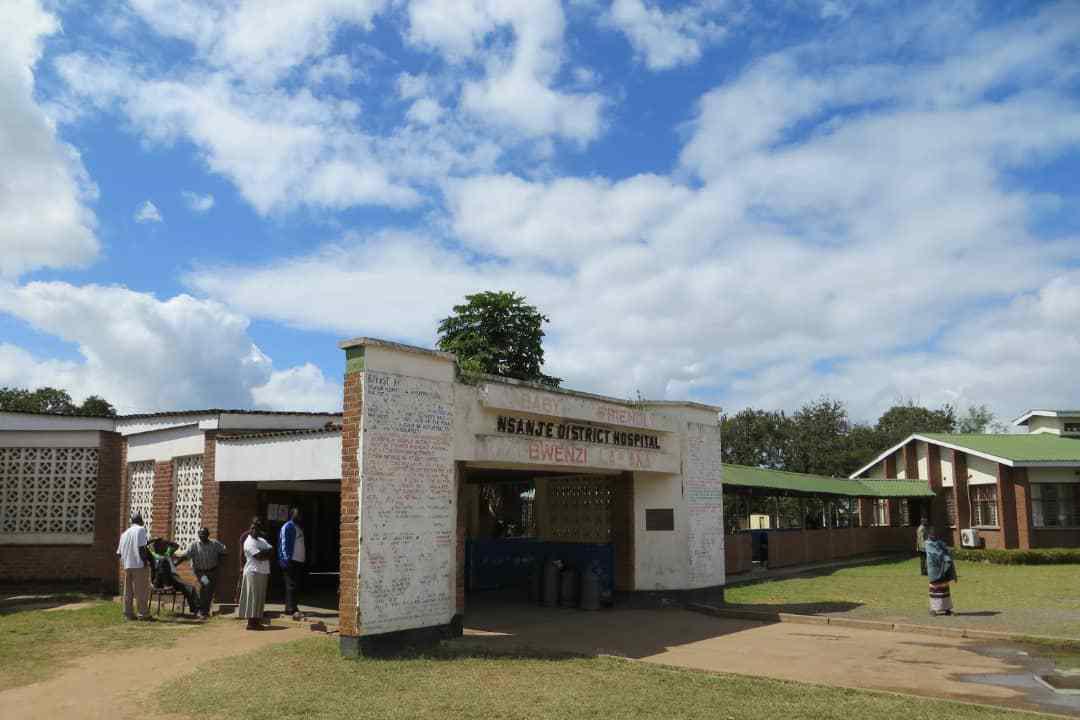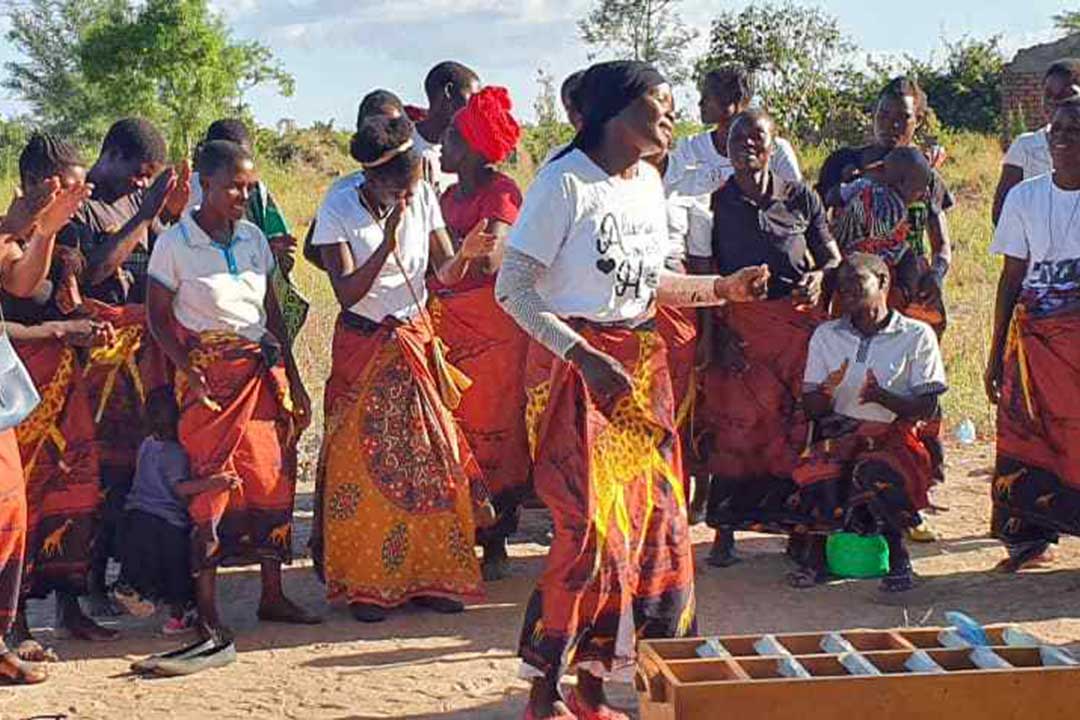In Malawi, rapid test kits for cholera bring relief to a taxed health system
In April, nearly 10,000 rapid diagnostic testing kits for cholera landed in Lilongwe. Health leaders and frontline workers say they’re making a major difference.
- 6 June 2024
- 6 min read
- by Josephine Chinele

When community health worker Petro Kotima was posted to work at Lungazi health post, situated on an island in Lake Chilwa, which borders Mozambique, he was forewarned that there would be cholera outbreaks, as there had been before.
"The RDTs have helped in minimising community panic, where every diarrhoea illness was regarded as cholera. They have also enabled us to concentrate on other cholera preventive measures."
– Petro Kotima, Lungazi Health Post
His posting, however, coincided with the intensified use of rapid diagnostic testing kits (RDTs) for cholera in 2022, which Kotima says significantly simplified his work, saving the health system money, and calming community anxieties.
Old foe, new tool
As Malawi recovers from its worst-ever cholera epidemic, the country's roll-out of the RDTs is set to expand. In April, a Gavi-funded consignment of more than 9,500 kits arrived in the country.
Cholera, a disease mostly affecting poor communities living with inadequate access to safe water and basic sanitation, is an acute diarrhoeal disease that can kill within hours if left untreated, says the World Health Organization (WHO). It's explosively contagious, and stemming outbreaks demands a quick response.
RDTs, according the Global Task Force on Cholera Control, are instruments that can be used to test fresh stool specimens for the presence of the cholera bacterium, yielding a positive or negative result within just 15 to 30 minutes of deployment.
Kits ease health system overwhelm
Lake Chilwa, situated in Malawi's southern region districts of Zomba, Machinga and Phalombe contains three islands, which present particular challenges when it comes to public service provision. Says Kotima, "Due to compromised sanitation on the island, we have frequent diarrhoea cases, which are mistaken for cholera. This was prevalent early this year. We have used RDTs to test all suspected cases."
He says that in the absence of the RDTs, all suspected cases have to be referred to neighbouring Phalombe district, where, due to a quirk of lake geography, facilities are closer than in the health post's mother district, Zomba.
"This is expensive, time-consuming and health hazardous, as transportation of patients equals to spreading the disease," Kotima said in a telephone interview from his island duty station. In other locations, an alternative to referring patients is transporting samples, which is likewise costly and time-consuming, with the added risk that a critical case may not be followed up on.
Kotima added: "The RDTs have helped in minimising community panic, where every diarrhoea illness was regarded as cholera. They have also enabled us to concentrate on other cholera preventive measures."
Zomba District Health Office (DHO) Spokesperson, Anold Mndalira agrees that RTDs have significantly simplified outbreak management in Zomba, one of Malawi's cholera hotspot districts.
DHO statistics indicate that between August 2022 and end 2023, the district recorded a total of 1,047 cholera cases. "Without RDTs, all cholera suspected cases were referred to health facilities for management, and this overwhelmed the health workers at the destination facilities," he recalls. Where RDTs are made available, more tests are carried out, more cases are correctly notified, and health system data is more robust and up-to-date.
On-the-spot diagnosis helps curb outbreaks fast
Mndalira explains further that using RTDs, cholera patients can be screened in the field, allowing health care workers to take action to contain outbreaks earlier.
"If a case is confirmed in a particular locality, an outbreak is declared and resource mobilisation to contain it is immediately done," he says.
RDTs have proven especially valuable in hard-to-reach areas like Lungazi health post and the other Lake Chilwa islands, Mndalira reports. He, however, says the district has experienced some RDT stock-outs in other health facilities under Zomba DHO jurisdiction.
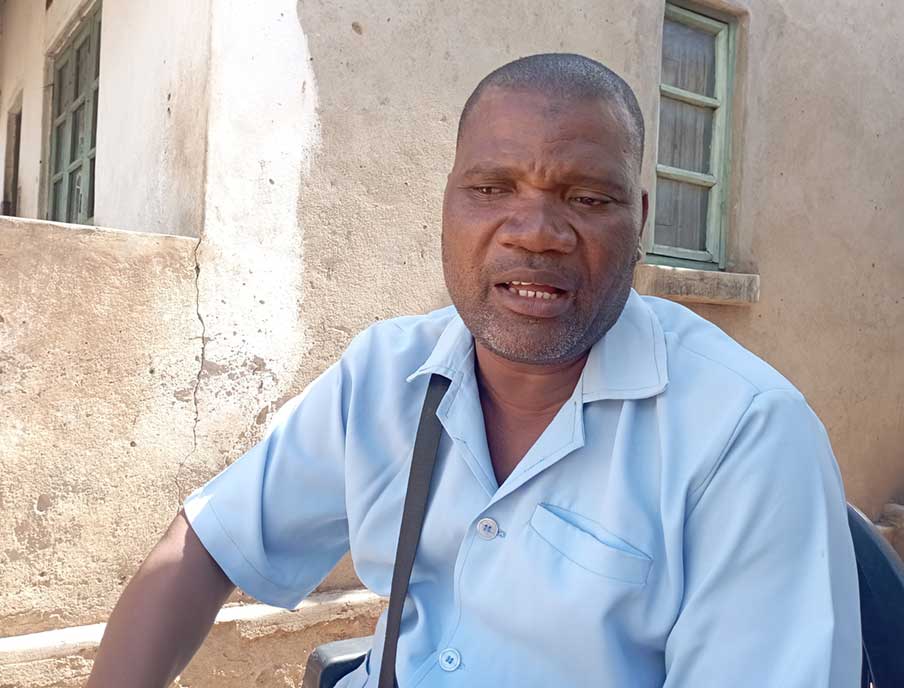
Credit: Josephine Chinele
In Chikwawa district, another cholera hotspot, Medson Faela, who is a Health Surveillance Assistance (HSA) with Bereu Health Centre, says RDTs are helping keep health authorities on their guard against cholera.
"When a suspect tests positive, we provide chlorine to surrounding households, among other control interventions to contain the disease," he explains. "In the absence of the RDTs, we could send samples to the district hospital laboratory and this takes days before the results come in."
Laboratory officer at Chikwawa DHO Macdonald Saile acknowledges that the use of RDTs is quicker than culture testing, which takes place in the labs of district or central hospitals.
"Culture testing results take about three to five days to come out," he says. When health systems are working to the timeline of the notoriously fast-spreading cholera bacterium, such a delay can have very deadly consequences.
RDTs in the field, culture tests in the lab
However, RDTs don't cancel out the need for lab-based confirmatory tests like culture or molecular tests like PCR, which Saile says are carried out in order to definitively identify the type of bacteria that caused the infection. That helps in guiding treatment decisions. "This is done through testing a patient's blood, stool, urine, skin or mucus. In the case of cholera, we test the stool," he explains.
Have you read?
He explains that when an RDT comes out positive, there's need for a laboratory confirmatory test, but when the result is negative, there is no need for confirmatory testing. "Remote health facilities don't have laboratories to do confirmatory culture testing. It's only done at district or central health facilities. But the most important thing is the fact that RDTs are helping in raising cholera alarms in rural areas."
Saile says, however, that occasional shortages of RDTs, along with mobility challenges, are a stumbling block – adding that partners usually give some to their aid in such situations to fill the gaps.
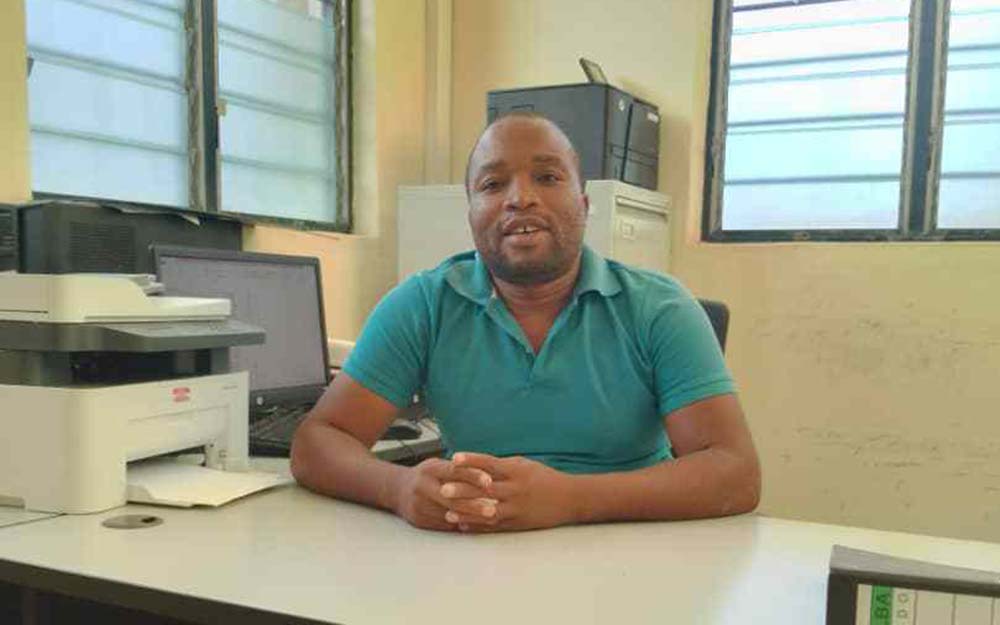
Credit: Macdonald Saile
Meantime, training in the use of RDTs at the facility health care level is ongoing. "RDTs are usually used in health centres or remote rural facilities. Whilst we trained some health care workers on how to use them, others still don't know. We are still conducting orientations to ensure that many have the technical know-how," he said.
More kits roll out
The arrival of the April shipment of RDT kits, the Ministry of Health (MoH) says, has marked a significant step forward in enhancing Malawi's preparedness and response efforts to cholera outbreaks. "With these diagnostic kits now readily available, our health care facilities across the country are better equipped to respond swiftly to any suspected cholera cases," a Ministry spokesperson wrote over WhatsApp.
A further consignment of 9,520 RDTs is expected to arrive in Malawi before October.
The arrival of the April shipment of RDT kits, the Ministry of Health (MoH) says, has marked a significant step forward in enhancing Malawi’s preparedness and response efforts to cholera outbreaks.
"The RDT kits have allowed health care workers to quickly identify cholera cases, facilitating timely treatment and intervention measures. This is crucial in improving the country's response to cholera outbreaks, particularly in remote and high-risk areas, by enabling faster diagnosis and better disease management," MoH spokesperson Adrian Chikumbe wrote, in response to written questions.
"These RDTs have brought several key benefits that have enhanced public health responses and outcomes, which extends to improved surveillance and data collection, enhanced resource allocation and support for public health interventions."
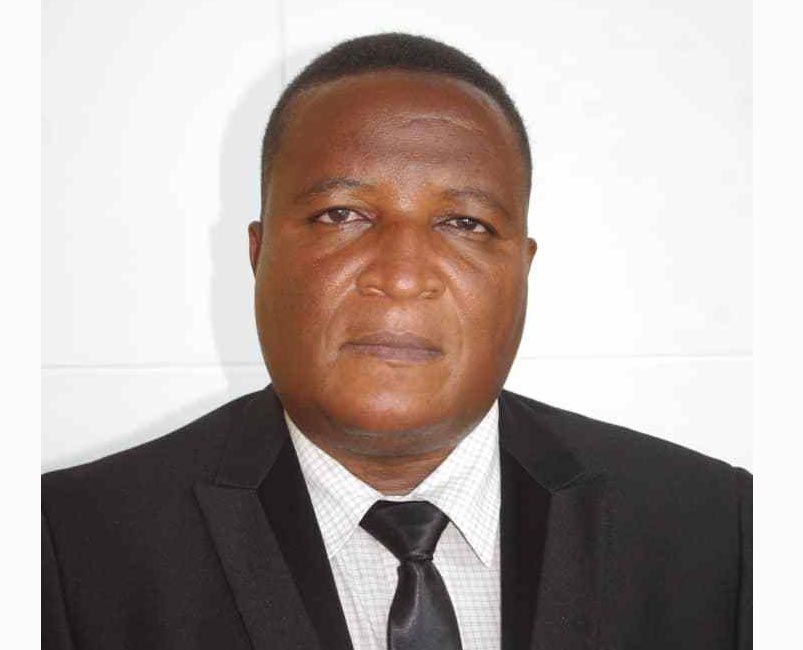
Along with informing better resource allocation, the "accurate, timely" data from the RDTs has also informed vaccination campaign strategies, WASH initiatives and educational programmes, he said. Overall, "These interventions have contributed to a more comprehensive approach to cholera prevention and control."
"The recent shipment has been integrated into this ongoing strategy to bolster the country's preparedness and response capabilities," Chikumbe says. The roll-out of the April consignment has been accompanied by intensified training efforts to familiarise health care providers with the latest RTD protocols and best practices, ensuring consistent and reliable usage across all facilities.

